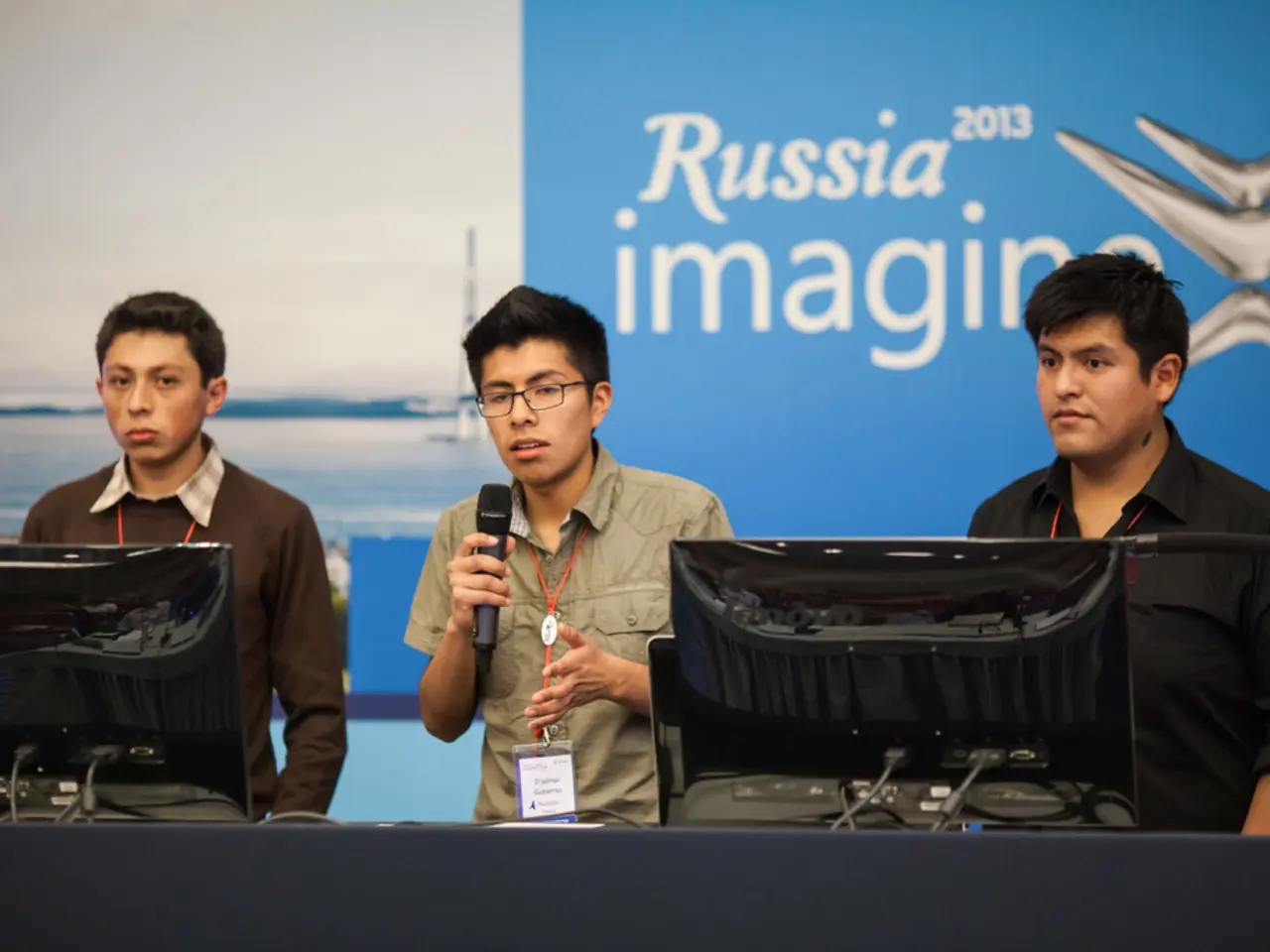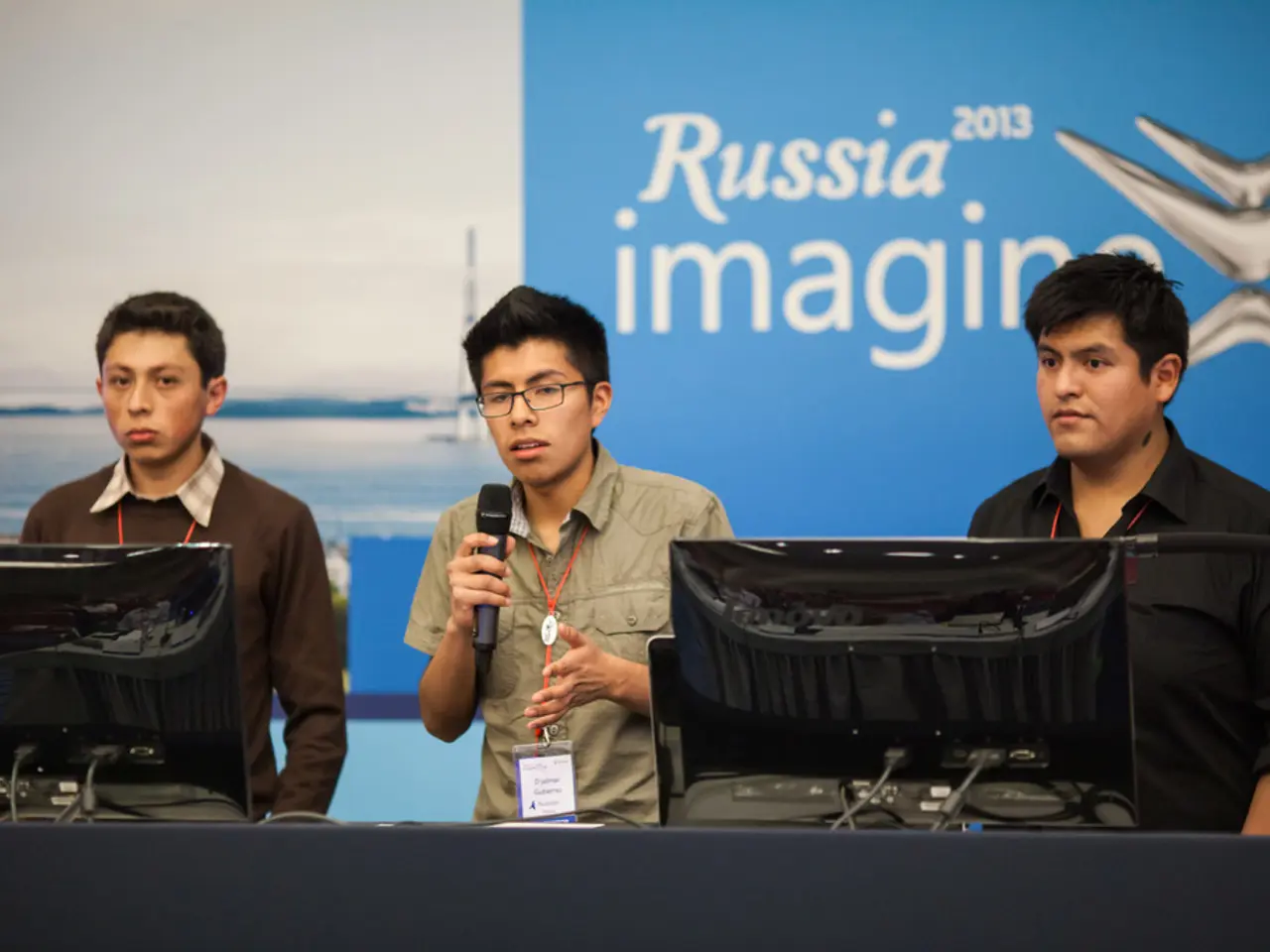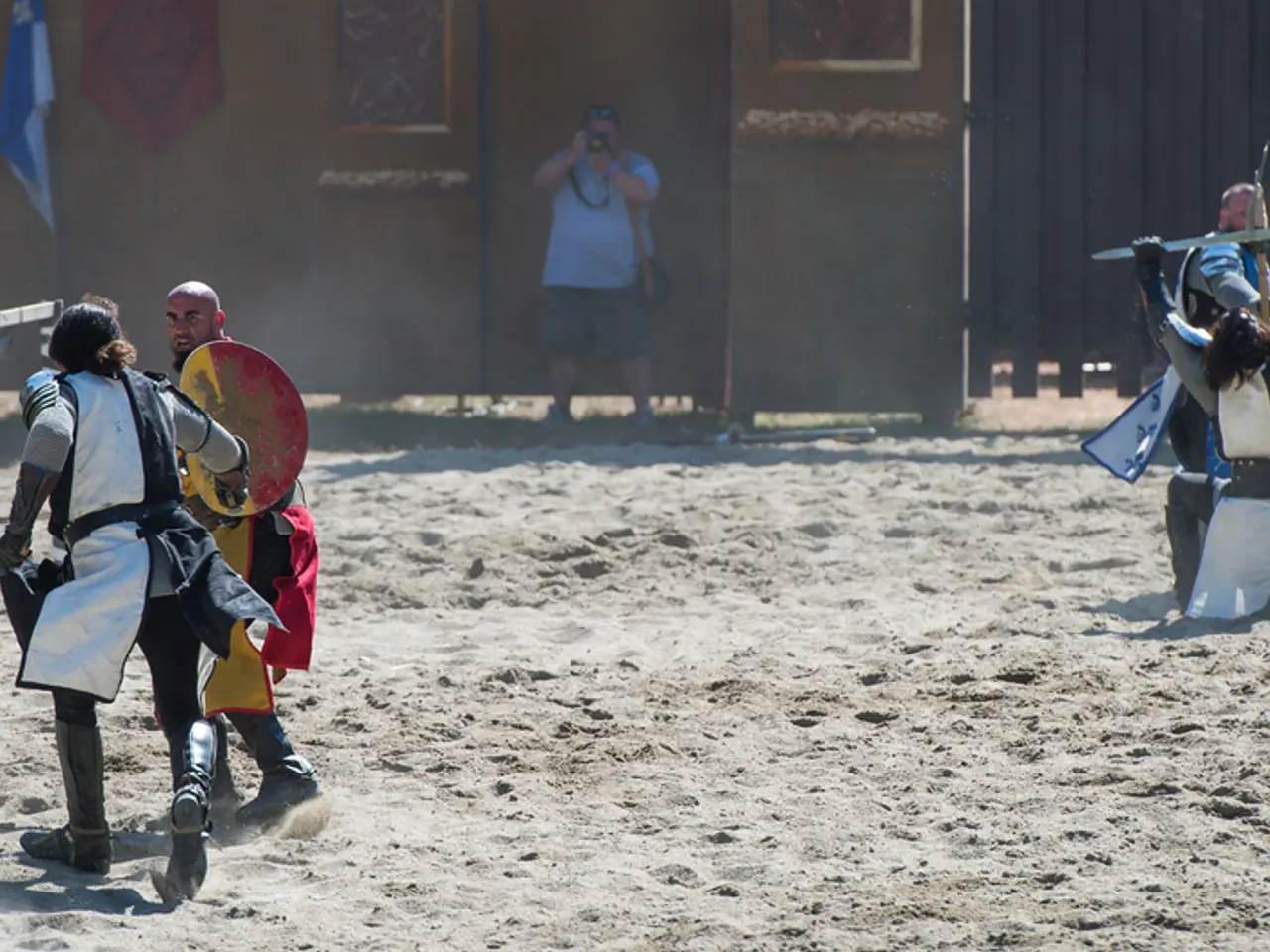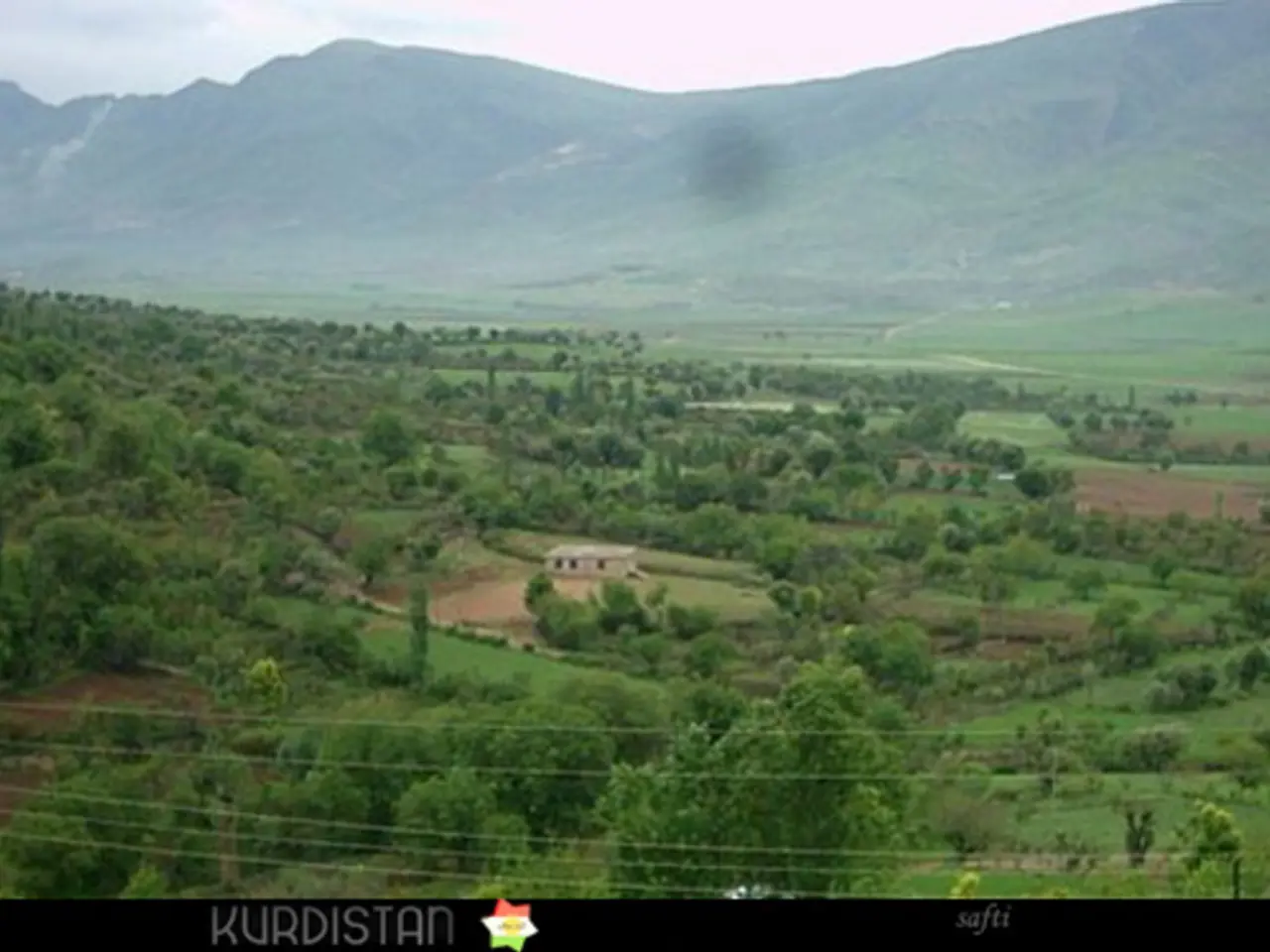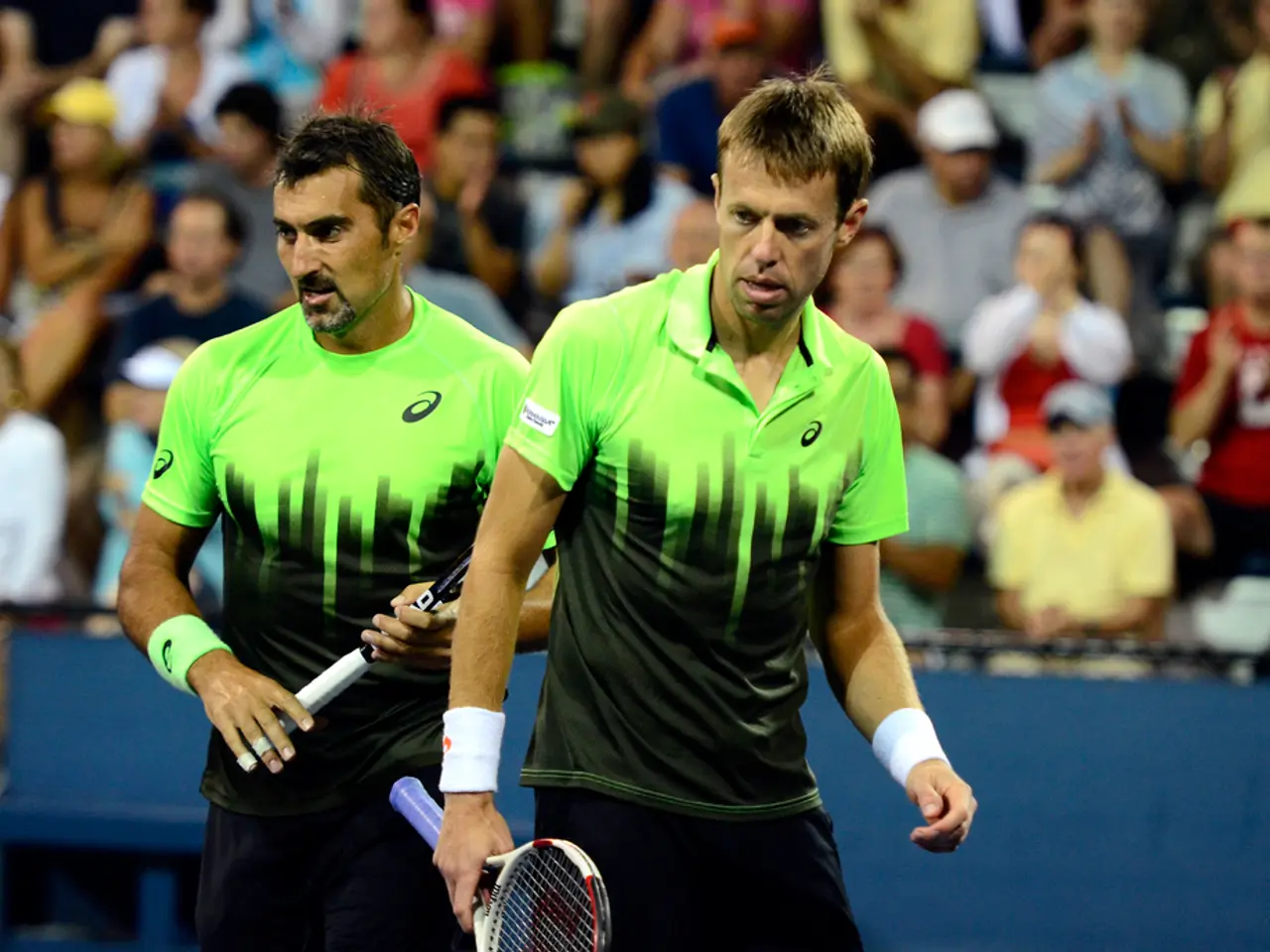Secret trip of the German Foreign Minister to Odessa
In the ongoing conflict between Russia and Ukraine, the city of Odessa has been a focal point of recent attacks, with devastating consequences. On June 17, 2025, Russian drone attacks in Odessa resulted in at least 2 deaths and injuries to 17 people, including a pregnant woman and a child. The strikes caused significant damage to residential buildings in the historic city center, as well as civilian infrastructure such as a kindergarten and an inclusive support center [1][2].
Beyond Odessa, Russian forces have continued their attacks across various Ukrainian regions, leading to civilian casualties and widespread destruction. These attacks have targeted cities like Dnipropetrovsk, Mykolaiv, Kherson, and Zaporizhzhia, causing damage to homes, public buildings, and essential services [3].
Amidst these escalating attacks, German Foreign Minister Johannes Wadephul visited Odessa, Ukraine, on a diplomatic mission. During his visit, Wadephul was shown the consequences of Russian shelling in the city and was informed about the security situation in the region and the work of the Ukrainian grain corridor [4].
While the specific details of Wadephul's discussions with Andrey Sibiga, head of the Ministry of Foreign Affairs (MFA) of Ukraine, are not fully disclosed, it is known that the talks focused on strengthening Ukrainian air defense capabilities and increasing transatlantic pressure on Russia as soon as possible [5]. These discussions are part of broader international efforts to enhance Ukraine's defensive capabilities against continued Russian aerial threats, including drone and missile attacks, as seen in cities like Odessa and Kyiv.
It's worth noting that the discussions did not involve witnessing the destruction of port infrastructure and residential buildings in Odessa during the visit, nor did they involve potential supply of new air defense systems and interceptors to Ukraine. However, it is evident that the talks did include the potential supply of new air defense systems and interceptors to Ukraine, reflecting the international community's growing support for Ukraine's defence amid ongoing attacks [4].
These developments underscore the escalating humanitarian and security challenges Ukraine faces as the war continues into mid-2025, highlighting the urgent need for international support and diplomatic efforts to protect civilians and infrastructure from further destruction [1][2][3][5].
- The escalating attacks by Russian forces in cities like Odessa, Dnipropetrovsk, Mykolaiv, Kherson, and Zaporizhzhia have led to discussions about strengthening Ukrainian air defense capabilities, as seen in the talks between German Foreign Minister Johannes Wadephul and Andrey Sibiga, head of the Ministry of Foreign Affairs (MFA) of Ukraine.
- General-news and politics have been influenced by the ongoing Russian attacks in Ukraine, as international efforts intensify to help Ukraine protect its civilians and infrastructure from further damage, with the potential supply of new air defense systems and interceptors being a key theme in ongoing diplomatic discussions.
